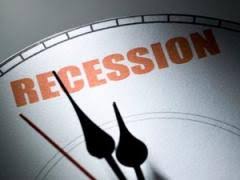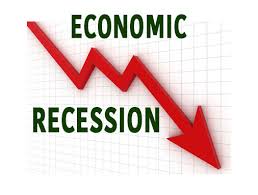Prestige Professional Management
Your Consumer Resource Specialist
Recession Proof Your Life
1.Old fashioned advice
Develop a six-month plan to reduce any expenses or increase any income. The plan should be implemented immediately so you can realize the results at the end of the six months. Select an expense (or two) that is very realistic. Income may be increased by working part-time almost anywhere for that six-month period.
2. Cut Up
Cut up your credit cards, deal only in cash, and eat at home.
3. Refinance
Do not carry a balance on your credit cards, and pay them when due. Do not finance with an adjustable-rate mortgage. When I purchased my house the loan immediately went to 13 percent and I refinanced with a 30-year fixed-rate loan. If the market is heading south, and you don’t want to go with it. So, what can you do to prevent an economic crisis from becoming a personal catastrophe? Play defense. You have to think a little differently when the economy turns sour. The first step in protecting yourself from a recession is to understand just how a recession trickles down to the average person. Your overtime can be cut. Your raises will be smaller. You could you lose your job. You will have a harder time getting credit at least for the larger purchases.
4. Grab a line
Negotiate a line of credit with your bank while your finances are still strong. Do it now, before you lose your job, before your situation is dire. We're not saying it will, it's just good to be prepared. If something happens to your job a personal line of credit can be the safety net you need.In other words, buy your umbrella before it starts to rain. If you don’t, there may not be any left when you need one.
5. Get fixed
Preparing for a recession is all about reducing your level of risk. A recession doesn’t necessarily mean mortgage rates will rise, but having a variable-rate mortgage is, by definition, riskier than a fixed-rate one. Now might be a good time to change that.
6. Don’t Panic, Rebalance
Recessions are temporary, investments shouldn’t be. Do not to panic during downturns in the economy. Sometimes when it’s a recession somebody will say, 'Let's put everything into bonds, into cash, or gold.'
A temporary downturn doesn’t change an investors long-term goals. You want to keep the same asset allocation that you've been using for the past five or ten years. The one thing you might want to change is that you rebalance more often.
That's because market fluctuations may make one part of your portfolio a bigger, or smaller, share than it should be. Under normal circumstances, it's recommended that you rebalance once a year. Investors might want to do it every quarter.
7. Out with the old
This tip is one that applies particularly to those living in Silicon Valley. Many people there own a lot of stock in companies they work for; too much stock, in fact. If something happens to your company, not only could you lose your job, you also loose all your savings. When employees accrue new stock in their company, they should sell off some of the older holdings.
8. Create a side hustle
Nearly everyone could stand to benefit from a little extra income, but sometimes saving extra money and having a full-time job aren't enough. Good side hustles build recurring revenue streams that go a long way in earning extra income. Side hustlers come from diverse backgrounds and sell a wide range of products. If you want to reach a monetary goal, pay more toward your student loans, or just add some breathing room to your budget (thanks, inflation), side hustles are a great way to make more money.






